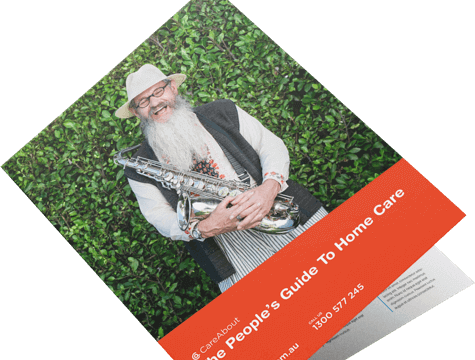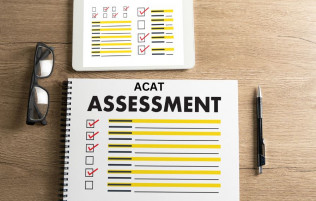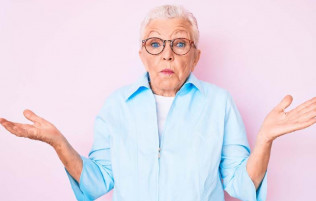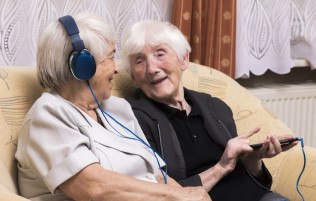Making sure your loved one maintains good mental health over winter

The mental health of older adults is incredibly important and can often be overlooked. Mental health issues are common and affect people of all ages, including those over 65.
Over the colder winter months, mental health is even more at risk. The combination of early sunsets, shorter days and colder weather means that we spend more and more time indoors away from others. The ongoing COVID-19 pandemic is also more risky during winter, leading to an even higher likelihood of self-isolation.
Mental health is a topic that is still seen to be taboo amongst certain cultures, generations or other communities. It isn’t uncommon for older Australians to ignore their mental health and to keep silent about their struggles. It can be very difficult to ask for help – or even to recognise when help might be needed.
What is mental health?
According to the World Health Organisation, mental health is “a state of wellbeing in which every individual realises his or her own potential, can cope with the normal stresses of life, can work productively and fruitfully, and is able to make a contribution to her or his community.”
More commonly, having good mental health is feeling a sense of purpose, connection and contentment. It is not expected that someone feels all of these things every single day – we all have days where we might feel none of these things! However, overall, your mental health could be at risk if you rarely feel any of these things.
Mental health can be viewed in a similar way to physical health. It takes some effort to maintain good versions of both. Just like you need to eat well and exercise to stay physically healthy, you also need to exercise and train your mind in order to maintain mental wellbeing.
What different mental health issues are common in seniors?
In Australia, around 10-15% of people over 65 experience depression and/or anxiety. In residential aged care, depression is much higher at 35%. Due to population aging, the number of seniors with mental disorders is expected to double by 2030.
Some of the most common mental health disorders affecting older adults are:
- Depression
- Anxiety
- Loneliness
- Dementia
- Hoarding
- Sleep disorders
- Agoraphobia (fear of places and certain situations)
Mental health issues in seniors are often overlooked
If you notice anything at all that could indicate your loved one’s mental health is at risk, try not to brush it off. Older people can face stereotyping and stigma when it comes to mental health and because of this, many mental health disorders can go untreated.
How can I help an older person who has mental health issues?
Helping someone who has mental issues isn’t always easy. Often, they are resistant to accepting any help, or to admitting that there might be a problem.
If an initial conversation isn’t productive, a good second step is to get in touch with an organisation who can give you expert advice and guidance. Here are some great places to start:
Support services available
Beyond blue
Lifeline
State-based Older Person’s Mental Health Services
- Queensland
- New South Wales
- Victoria
- South Australia
- Australian Capital Territory
- Northern Territory
- Tasmania
Often, a decline in mental health is due to loneliness and isolation. During winter, feeling of isolation and disconnect are likely to be more pronounced. Here are some self-care tips that can help to combat loneliness.
If your loved one is eligible for Home Care, these services can certainly assist with maintaining good mental health. Here’s some more information about applying for Home Care.








